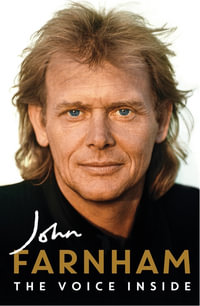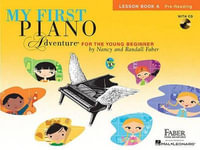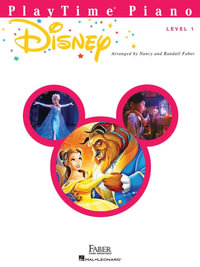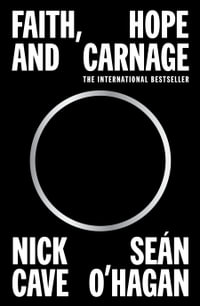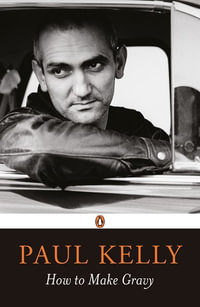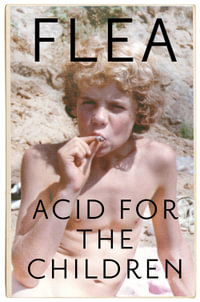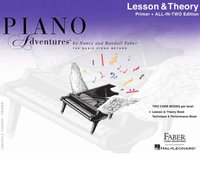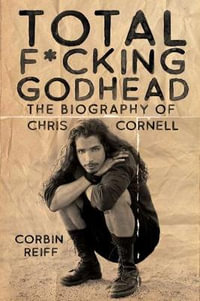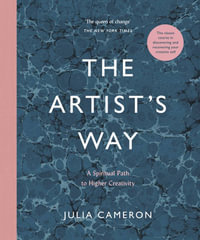Leipzig, Germany, is renowned as the city where Johann Sebastian Bach worked as a church musician until his death in 1750, and where Felix Mendelssohn Bartholdy directed the famed Gewandhaus orchestra until his own death in 1847. But the century in between these events was critically important as well. During this period, Leipzig's church music enterprise was convulsed by repeated external threats-a growing middle class that viewed music as an object of public consumption, religious and political tumult, and the chaos of the Seven Years and Napoleonic wars.
Jeffrey S. Sposato's Leipzig After Bach examines how these forces changed church and concert life in Leipzig. Whereas most European cities saw their public concerts grow out of secular institutions such as a royal court or an opera theater, neither of these existed when Leipzig's first subscription concert series, the Grosse Concert, was started in 1743. Instead, the city had a thriving Lutheran church-music enterprise that had been brought to its zenith by Bach. Paid subscription concerts therefore found their roots in Leipzig's church music tradition, with important and unique results. These included a revolving door between the Thomaskantor position and the Gewandhaus directorship, as well as public concerts with a distinctly sacred flavor. Late in the century, as church attendance faltered and demand for subscription concerts rose, the Gewandhaus dominated the musical life of Leipzig, influencing church music programming in turn.
Examining liturgical documents, orchestral programs, and dozens of unpublished works of church and concert music, Leipzig After Bach sheds new light on a century that redefined the relationship between sacred and secular musical institutions.
Industry Reviews
"In three probing, extended chapters that make up the bulk of the volume, Sposato treats three relationships, centered on the positions of Thomaskantor and city Kapellmeister, that document the musical life of the city, but have largely evaded a thorough accounting: Johann Friedrich Doles and Johann Adam Hiller, Hiller and Johann Gottfried Schicht, and Moritz Hauptmann and Felix Mendelssohn Bartholdy. One of the author's signal accomplishments in this volume is
to weave a rich narrative history of this period, and to explicate the traditions of the musical culture that connected Bach's legacy to Mendelssohn. And another, equally significant contribution is
to trace the symbiotic relationship between musical life in the church and concert hall." -- R. Larry Todd, Bach
"This insightful book covers Leipzig's rich history of sacred and secular music between the time of J. S. Bach to Felix Mendelssohn-Bartholdy. Jeffrey Sposato successfully tackles this largely under-researched time in Leipzig's musical development, framing it with social and political context...For fans and researchers of Bach, Mendelssohn, and the establishment of the community choral ensemble, this book is a must-read." -- Angelica Dunsavage, Tuscan, USA,
Choral Journal
"Leipzig after Bach is a significant contribution to music scholarship, fixing a sustained gaze upon religious and theological change as an agent in public musical life" -- Desmond Sheehan, Eighteenth-Century Music
"This is a comprehensive examination of the relationship between church and secular music in a Protestant city renowned for the composers in its service. ... The author also provides vivid depictions of music directors, accounts of how they were chosen, examinations of kinds of music composed, and discussion of the interrelationship between the choral and musical directors. Finally one sees how Mendelssohn came to exert sole influence over repertoire and choice
of musical directors, gradually creating many of the secular and sacred traditions listeners enjoy today. The book includes footnotes with original German quotations, concert programs, contemporary
reviews, and well-constructed charts categorizing musical offerings over time." -- CHOICE
"Leipzig After Bach is an important contribution that fills a significant gap in the literature about music in Leipzig.... This book should be read by Bach scholars, Mendelssohn scholars, and anyone else interested in the development of musical culture in a city that was unlike any other in Germany." --Jason Grant, Bach Notes
"Sposato has carefully constructed a narrative that threads together a wealth of political, social, and musical history, bringing clarity to a topic deserving of such attention." -- Valerie Walden, Early Music America
Leipzig is widely celebrated for its importance to music history, and for the role its beautiful churches played in the German Reformation. But the period between Johann Sebastian Bach's death in 1750 and Felix Mendelssohn's years in Leipzig in the 1830s and 40s has been largely ignored-until now. Leipzig After Bach fills this gap in our knowledge, and shows us why the musical and church traditions of Leipzig from 1750 to 1850 are critical to our
understanding of the city's past and present."--Mayor Burkhard Jung, City of Leipzig
"In the eighteenth and early nineteenth centuries Berlin, Hamburg and Vienna had their opera houses, which provided the focus for civic music-making. Leipzig was different, there was no opera house. Instead, in Bach's time, an active musical life overflowed from its churches into coffee houses and other locations, that was especially effective around the time of the Leipzig trade fairs, held three times each year. But by Mendelssohn's time the services in the
churches began to sound like sacred concerts. In this significant study, much of it based on unpublished archival sources, Jeffrey S. Sposato skillfully charts the ebb and flow between religious and
secular influences in the musical life of Leipzig from the time of Bach to the time of Mendelssohn, a period that until now has been imperfectly understood."--Robin A. Leaver, Emeritus Professor of Sacred Music, Westminster Choir College, Princeton







